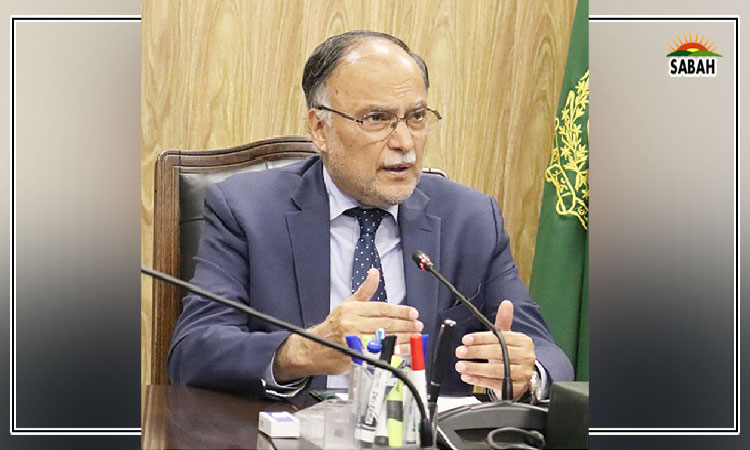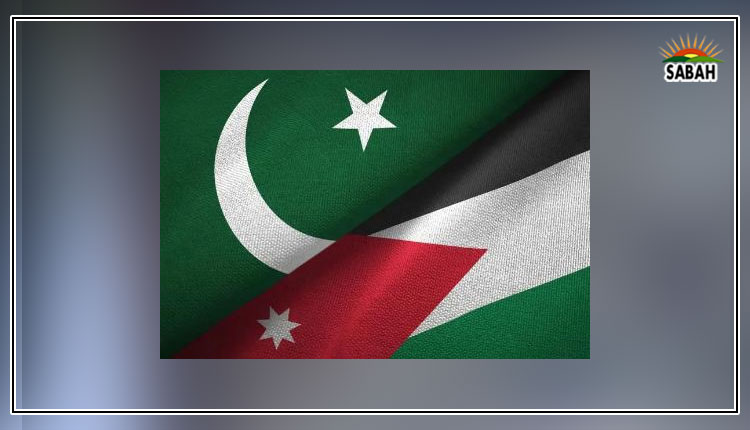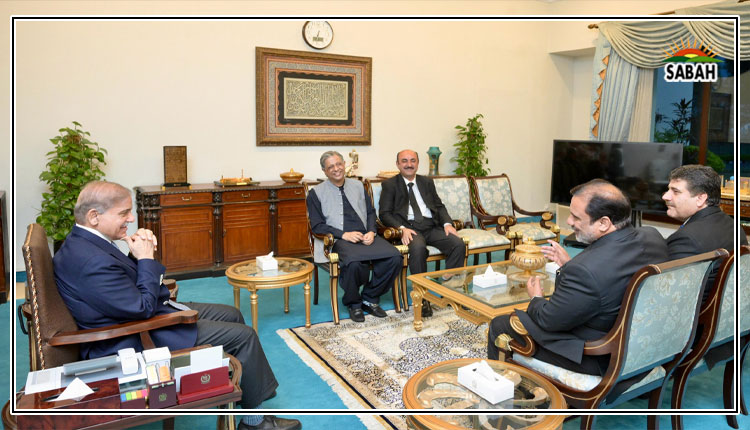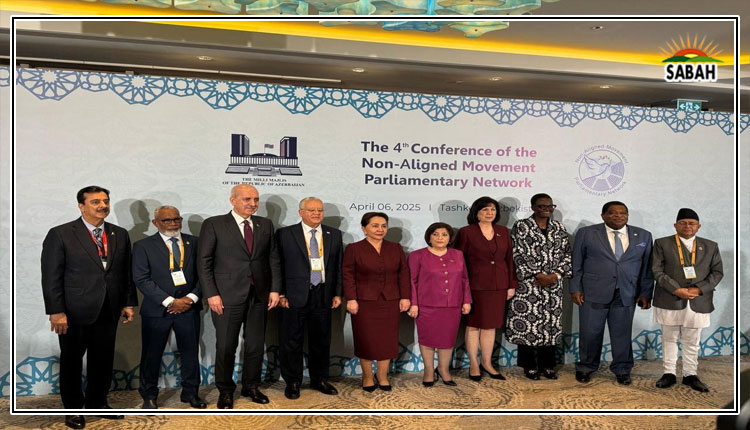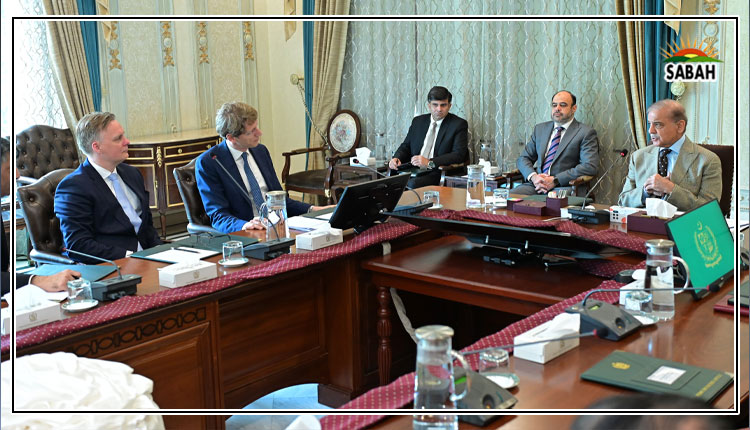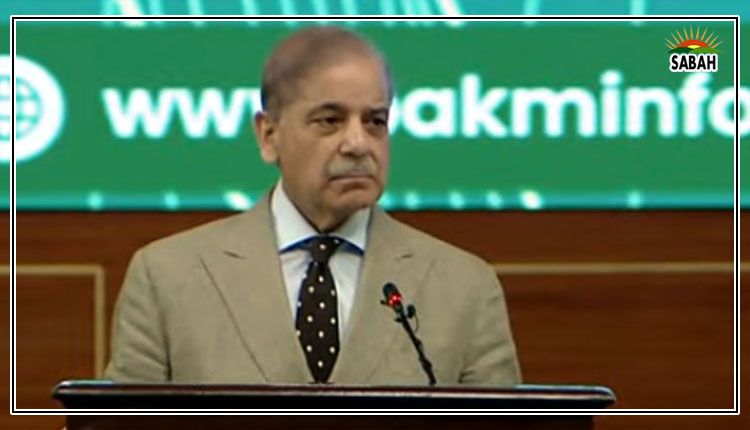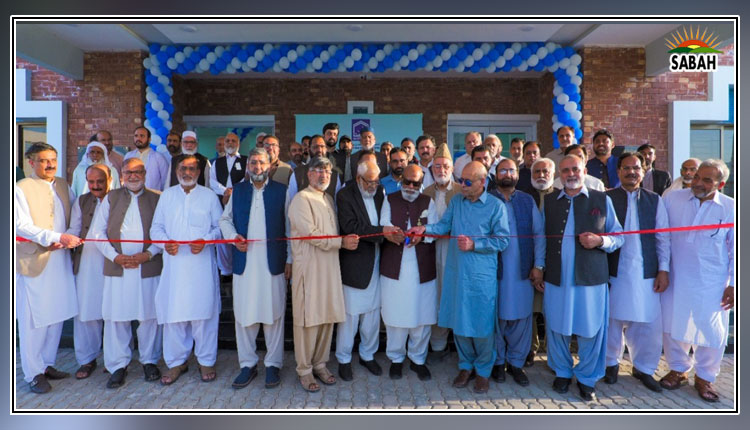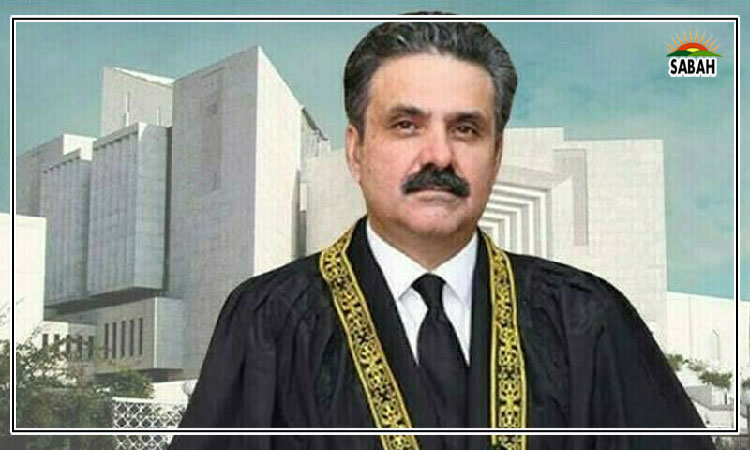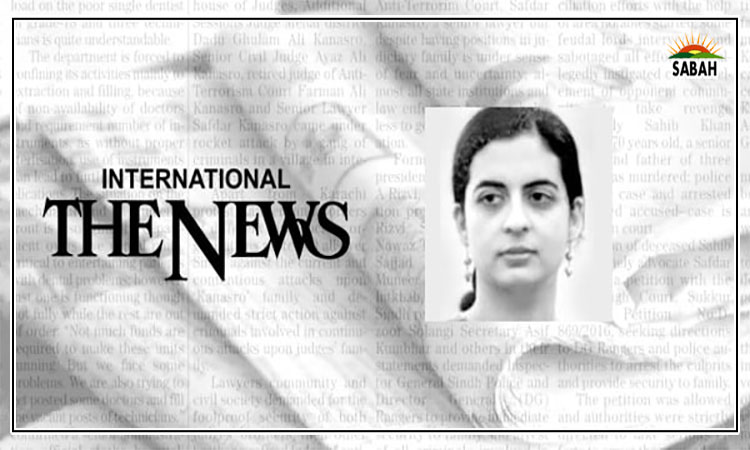The soul of music…By Kamila Hyat
The passing of Sir Zakir Hussain, arguably the finest tabla nawaz of his generation, sparked waves of obituaries and tributes across the world. Yet in Pakistan, his death barely registered beyond a handful of mentions, underscoring a painful truth: we have driven classical music away from our lives and out of our cultural consciousness.
The fate of maestros like the late Fateh Ali Khan and Mehdi Hassan, known for their evocative semi-classical vocals, is simply some examples of this. There are countless others including both instrumentalists and vocalists of all classical genres that now find their art fading into oblivion.
We have forgotten what classical music and the traditions that it brings with it means to lives. Classical music is more than merely an art form – it is a vessel of tradition, skill and cultural identity. It would be a tragedy if future generations never experience the astonishing vocal ability of classical maestros or the skills involved in playing a sitar or a sarod. Instead, we have embraced a deluge of popular music that, while innovative at times, overshadows the purity of traditional forms. This trend includes the advent of qawwali fusions, which, while creative, dilute the raw, transcendent power of untouched qawwali.
Although some traditional forms persist, they are increasingly replaced by sounds borrowed from global influences. To its credit, some of this contemporary music is profoundly moving, with exceptional compositions produced in state-of-the-art studios. Yet, the essence of our classical heritage risks being drowned in this deluge of modernity.
Worse still is the rise of music that can only be described as ‘evil’. This category includes the lyrics that come from singers who insist that girls be taken away from schools and colleges because they will dance there. Instead, it is suggested they be shut up within homes. The fact that such music has gone viral in a country which has a literacy rate for women which is below 50 per cent even by official accounts, well below that according to non-official ones and falls to one per cent or less in some areas of the country, makes such musical endeavours flatly dangerous.
Of course, bans are not the solution. The answer may lie in encouraging many other forms of music to flourish. This includes all genres and all styles, whether taken from the folk music of various provinces or from more modern inspirations. The death of classical music with PTV, now a channel that fewer and fewer people watch even though we all pay the fee for its existence in our electricity bill, is one reason why the astonishing classical genius of our country has fallen silent within it. It is highly appreciated in India, where many of our musicians have travelled at least in the better days of the past when it was possible to do so to gain audiences and with them the money needed to keep the classical and non-classical art forms alive.
There has also been a recognition of the power of highly trained classical singers in the West, where audiences in large numbers attended concerts even though they had no background in understanding the raags of typical classical music or the lyrics of those who sang the ghazal and other art forms. Sadly in Pakistan, we have brought up at least one generation and are bringing up another which has no familiarity with these art forms. The death of events such as the extremely well-attended and well-conducted music conference at the open-air theatre in Bagh-e-Jinnah in Lahore is one tiny factor in this.
The other far wider factor is the disappearance of classical music in larger forums and its replacement with popular music. While some of this music is of superb quality, as far as that genre is concerned, there is also a need to encourage at least some understanding of classical forms. These after all are a part of our past and should be a part of our future as is the case around the world. In a number of Indian schools, classical music and its appreciation are taught as mandatory subjects. Perhaps we can consider doing the same.
Understanding music and its creation is helpful to children in many different ways. The forms of music often help clarify concepts in other subject areas including maths and physics. But this of course is not the foremost reason why music should be encouraged amongst children and young people. We need to alter a culture in which music and dance have come to be treated as immoral and something to be left only to specific groups. The change in the attitude towards music has been there since the early 1980s, with active encouragement by the dictatorship in place at the time.
In contrast, around the globe music has triggered change of a more positive nature. It was crucial to the protests against the Vietnam War, the Civil Rights Movement in the US, and the rights of the Irish in the UK and has been used in Bangladesh to protest social violence of various kinds. The same is at least partially true of India, but again we have the talent which can persuade more singers and artists to take up causes in their music, whether they aim to promote education for a larger number of persons or put homeless people in shelters where they can receive food and basic medical care.
They can also act as a force against drug use which is becoming more and more common in our society, with crystal meth allegedly creeping across Lahore and its schools while cannabis in its various forms is often acceptable in all cities of the country, notably among students and young professionals. The harmful effects of cannabis and its long-term use have now been documented in medical papers.
There are then multiple reasons to promote music, including classical music so we too can produce maestros in their various forms. We also need to consider how music can be used to change a country through which many flaws have been deeply embedded. This will of course not happen overnight. But through time, music can be used as one instrument of change and music studios can encourage unconventional singers who put forward meaningful messages to record and perform. This in itself could bring about important alterations in a society badly in need of an escape from the obscurantism which has overtaken it over the last four decades.
COURTESY THE NEWS


